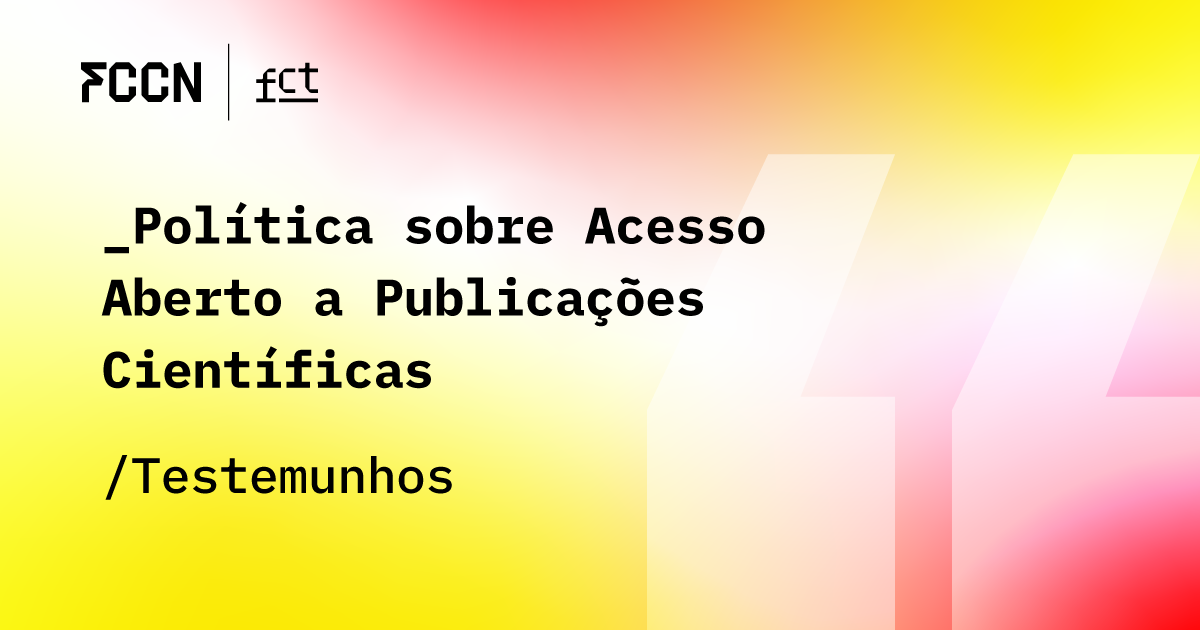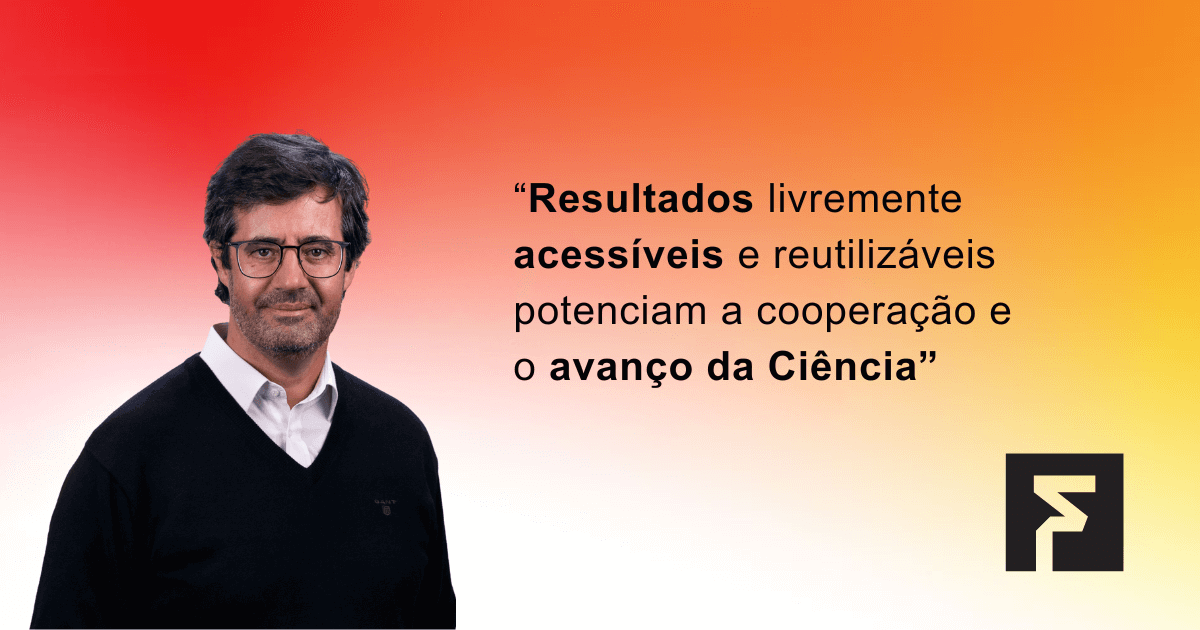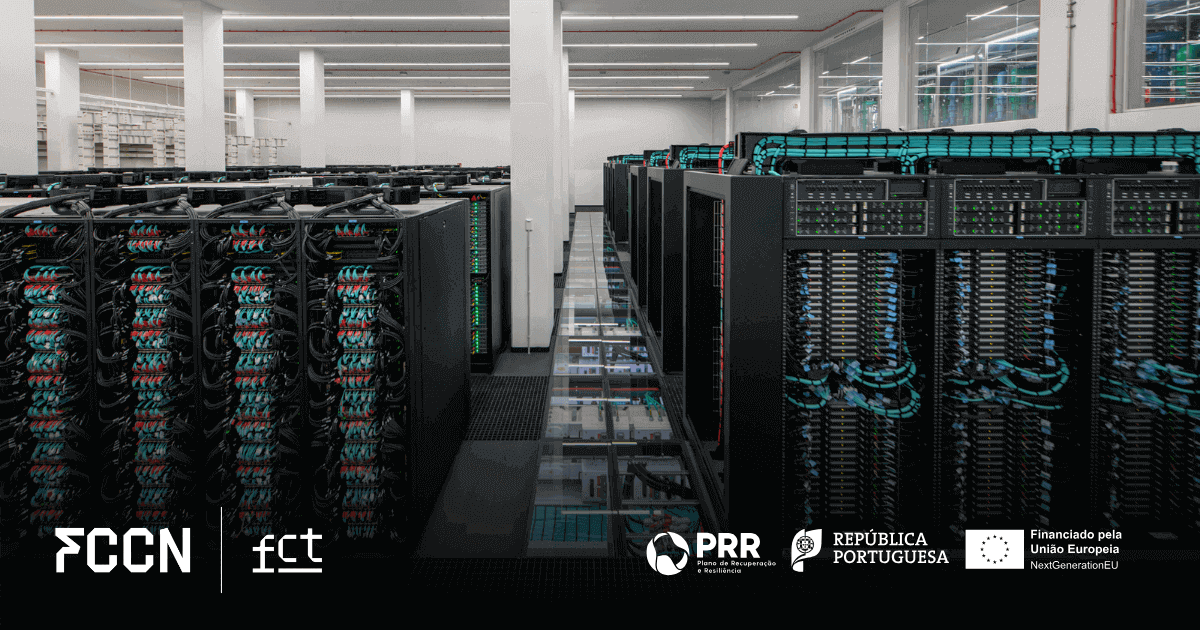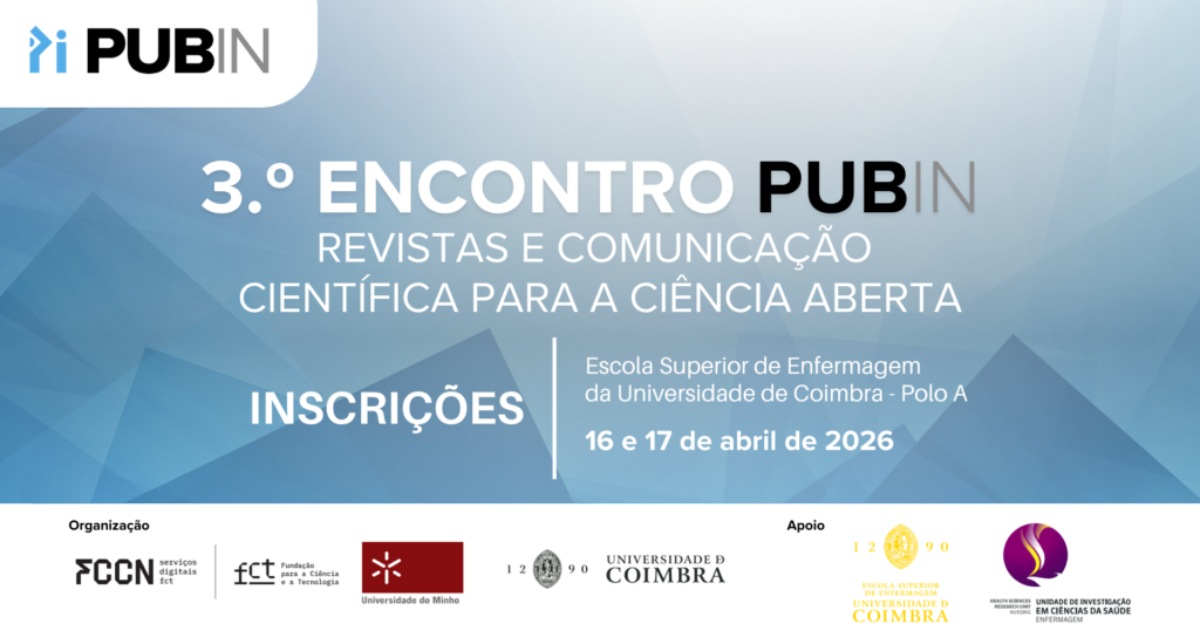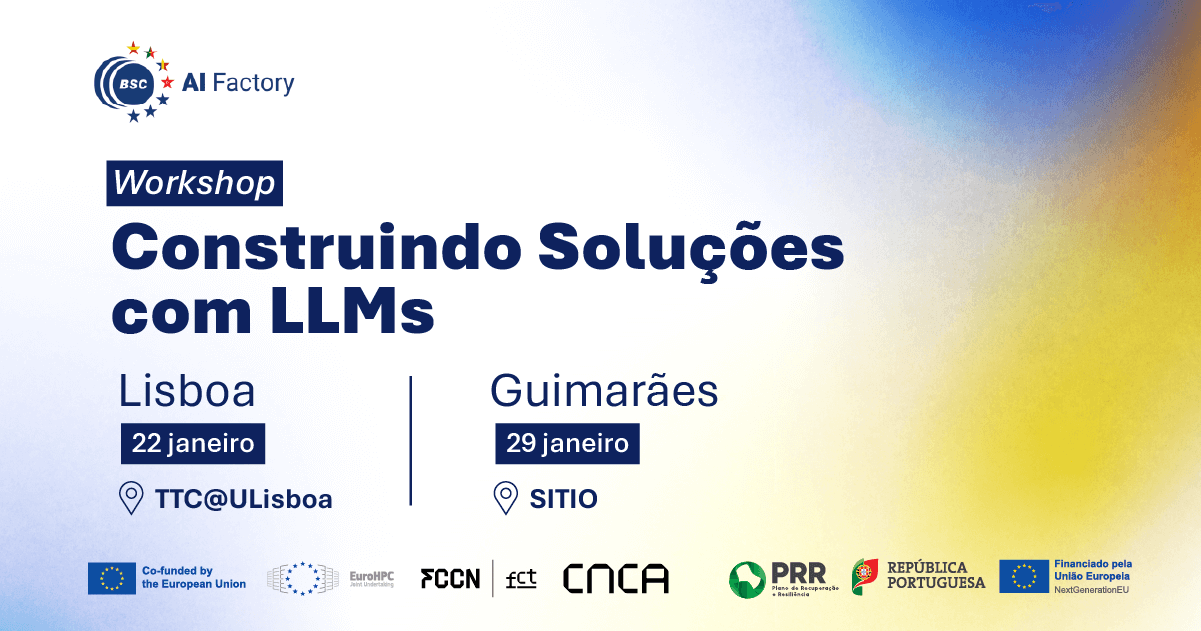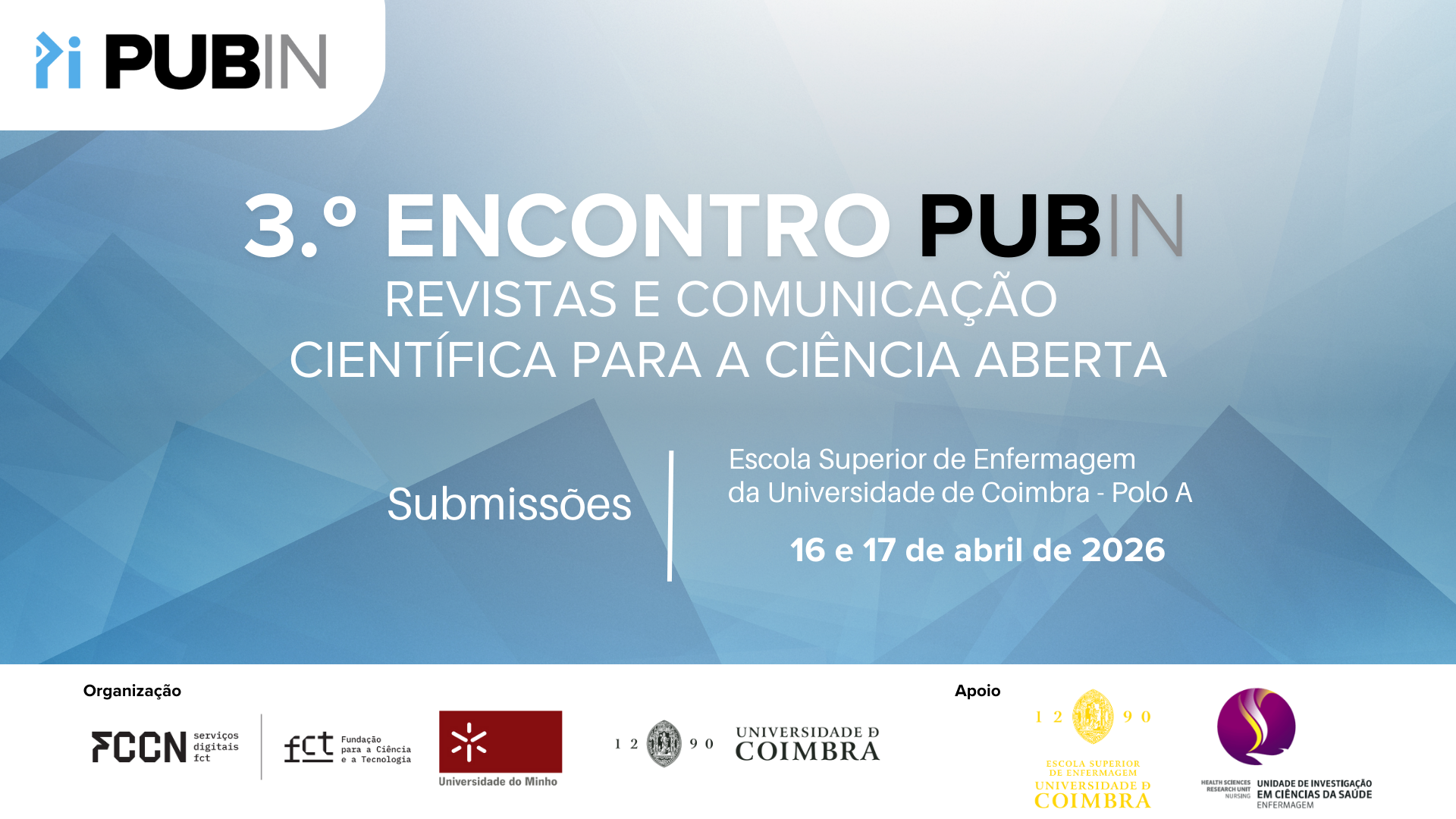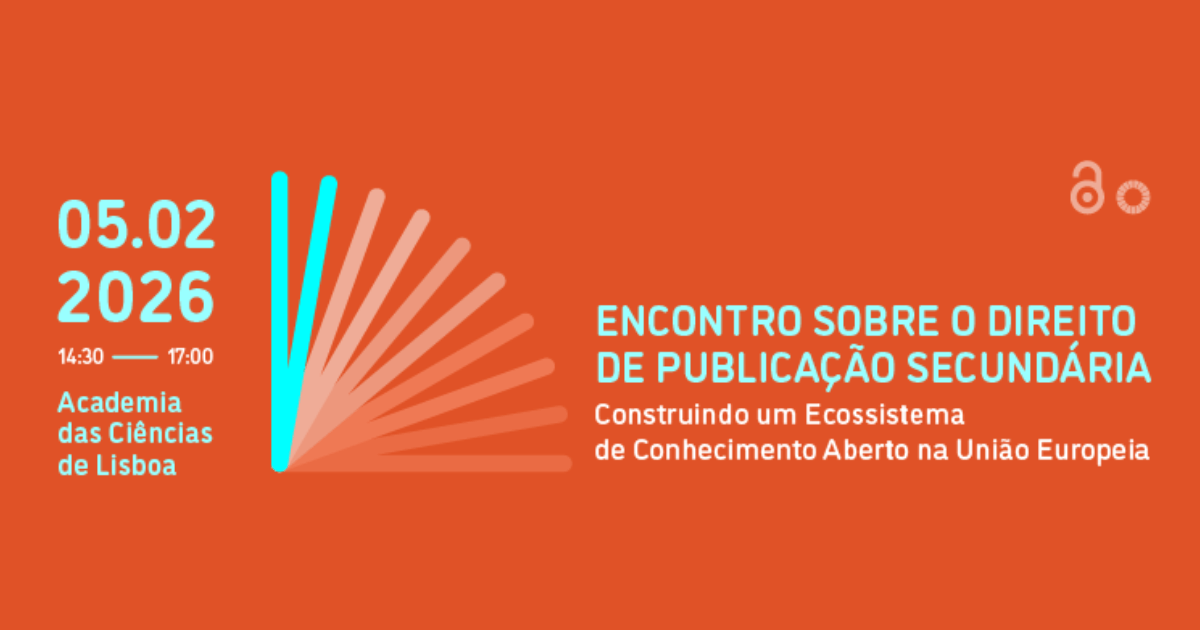Open Science plays a crucial role in scientific advancement by proposing an inclusive and collaborative model for knowledge. In a context where sharing and accessibility are increasingly valued, this practice proves fundamental to research progress.
However, what is the level of adoption of Open Science in Europe and, in particular, in Portugal?
According to one UNESCO report , the implementation of Open Science presents significant challenges and opportunities. Currently, around 46% of European scientific publications are open access, with Portugal slightly above this average, with 50%. Despite this, the pace of adoption remains uneven, with countries like Germany and France leading in terms of the percentage of open publications.
The role of FCCN services
In Portugal, institutions such as FCCN, FCT digital services, support the expansion of Open Science, through platforms, services and tools that promote the sharing of data and publications.
One example is the RCAAP – described, moreover, as “the national open access initiative” – which stores, preserves and promotes access to scientific knowledge produced in Portugal, increasing the visibility of the results of national academic and scientific activity.
Also the b-on – Online Knowledge Library works towards this mission by “guaranteeing access to thousands of scientific publications and electronic services for the national academic and scientific community.” Likewise, the project INDEXAR – Digital Knowledge Repositories, is a platform that aims to manage information about national digital repositories and journals in the areas of science, technology and culture.
A movement with several fronts
Over the past few years, FCCN's work in Open Science has expanded beyond providing access to scientific articles and publications. More recent services and projects focus on other emerging areas within the Open Science universe, such as research data management and sharing.
The greatest example in this regard is the Polen, a service that promotes the sharing and preservation of research data generated within publicly funded projects, and is therefore crucial to the work of researchers and scientists. In the same vein, we highlight the initiative PTCRIS which has, over the last few years, transformed the national scientific ecosystem, with a view to managing, producing and providing access to reliable, complete and up-to-date information on national scientific activity.
Given the importance of Open Science, which uses a digital infrastructure to facilitate the democratization of knowledge and accelerate innovation, FCCN, FCT's digital services, also participates in several international initiatives and consortia working in this area. Examples include: OpenAIRE, the European Open Science Cloud (EOSC) or the association Science Europe.
Universal access, multiple added values
Open Science offers several benefits to the scientific community and society at large. Among them, it facilitates cooperation between scientists from different fields and countries, accelerating solutions to complex problems.
On the other hand, implementing Open Science principles makes it possible to ensure greater equity in access to knowledge, increasing recognition of the work carried out by researchers and scientists. From this perspective, this is also a way to ensure a close and transparent relationship between knowledge and society, increasing citizens' trust in science and its results.

